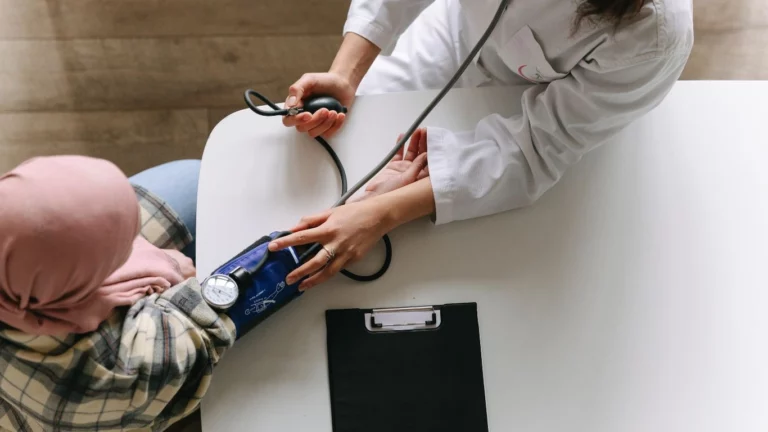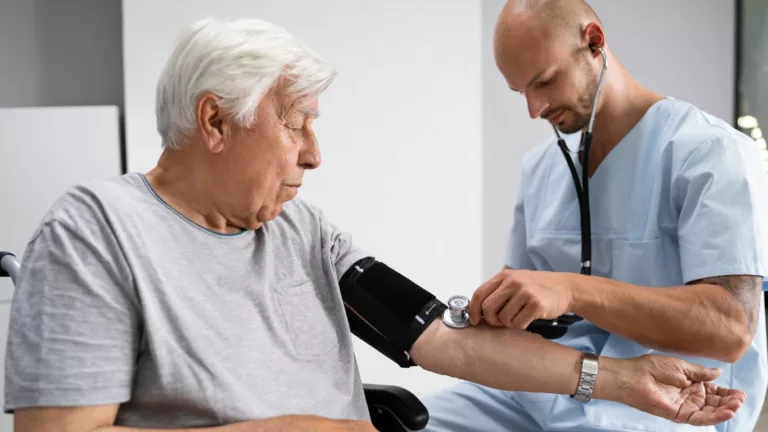How Probiotics Can Seriously Help with GERD Symptoms 🌱 (A Natural Solution You’ll Actually Want to Try)
Introduction: What Is GERD and How Does It Affect You?
Okay, let’s kick things off with a quick recap. If you’ve ever felt that annoying burn in your chest or that nasty, bitter taste creeping up your throat, you’re probably familiar with GERD (Gastroesophageal Reflux Disease). It’s basically when stomach acid decides to rebel and flow back into your esophagus, causing all sorts of uncomfortable symptoms like heartburn, chest pain, and even trouble swallowing. Not fun, right?
Now, if you’ve been dealing with GERD for a while, you’ve probably tried antacids, or maybe even a prescription med to get things under control. But have you ever thought about using probiotics? I know, it sounds a little out there, but hear me out – they could be just the thing to ease your GERD symptoms in a more natural, long-term way.

So, What Exactly Are Probiotics? 🦠
I get it. You’ve probably heard the term “probiotics” tossed around in health blogs or ads for yogurt, but what’s the deal with them? In simple terms, probiotics are those good bacteria (yes, bacteria) that live in your gut. They help keep things balanced, aid in digestion, and even contribute to your overall well-being. Think of them as the superheroes of your digestive system, helping to keep your tummy in check.

How Do Probiotics Help with GERD Symptoms? 🤔
Alright, let’s break it down. You might be wondering, “Does this actually help, or is it just a bunch of hype?” Here’s how they work their magic:
1. Restoring Your Gut’s Balance ⚖️
Your gut is like a delicate ecosystem. When things get out of balance—whether from stress, bad food choices, or meds—it can mess with digestion and trigger GERD. Probiotics help restore that balance, making sure the “bad” bacteria don’t take over, which can reduce that reflux problem. It’s like giving your digestive system a little reset.
2. Helping with Digestion 💪
When your digestion is on point, the chances of acid reflux happening go way down. Probiotics help break down food properly, which reduces pressure in the stomach and stops acid from sneaking back up. This isn’t just about feeling less bloated – it’s about supporting the digestive process from start to finish.
3. Saying Bye-Bye to Inflammation 🔥
Chronic inflammation is a huge part of GERD. Your stomach and esophagus get irritated over time, and that’s when you start feeling the burn. Some probiotics have anti-inflammatory properties that can help calm down that irritation. Think of it like putting out a small fire before it turns into a wildfire.
4. Regulating Stomach Acid ⚙️
Overproduction of stomach acid is a big player in GERD. Some probiotic strains help keep acid production in check, so you’re not dealing with excess acid that could flow up into your esophagus. It’s all about balance, and probiotics help maintain that balance.

Common Problems When Using Probiotics – And How to Fix Them 🔧
Okay, so let’s be real: probiotics are great, but like anything, there are a few bumps along the way. Here are some things to watch out for:
1. Feeling Gassy or Bloated?
If you’re new to probiotics, you might experience a little bloating or gas at first. It’s normal, and it usually passes once your gut gets used to the new bacteria. If it’s bothering you, try starting with a smaller dose and work your way up.
2. Not All Probiotics Are Created Equal
Not every probiotic is the same. Some are specifically tailored for digestive health, while others might focus on immune support or other benefits. For GERD, look for probiotics that have strains like Lactobacillus and Bifidobacterium—these have been shown to help with digestive issues.
3. Probiotics + Medications = Careful
If you’re taking meds, especially antibiotics or something for your immune system, probiotics can sometimes interact. So before you start, it’s a good idea to chat with your doctor, just to be safe.
Real-Life Examples: Does This Actually Work? 💬
I know, you might be wondering, “Does this actually help, or is it just a bunch of hype?” Let me share a couple of stories.
Sarah’s Success Story
So, Sarah (not her real name, but you get the idea) had been struggling with GERD for years. Heartburn, reflux, the whole deal. She tried meds, but they didn’t do much, and she didn’t love the idea of relying on them long-term. After hearing about probiotics from a friend, she thought, “Why not?” She started taking a Lactobacillus supplement every day, and within a few weeks, she noticed a huge improvement. No more constant heartburn or feeling like she had a fire in her chest after eating. She even got back to eating some of her favorite foods without the fear of reflux.
John’s Journey
Then there’s John. He was in his 50s, dealing with that awful acid reflux, and popping antacids every day. It was becoming a real hassle. One day, he stumbled upon an article about probiotics and thought he’d give it a shot. Fast forward a few months, and John’s GERD symptoms were noticeably better. He wasn’t reaching for the antacids as often, and he felt way less bloated after meals. His doctor even noticed the improvement during his checkup.
Key Takeaways: Should You Try Probiotics? 🤷♂️
Here’s the bottom line: probiotics can definitely help reduce GERD symptoms, but they aren’t a magic cure. They work by:
- Restoring balance to your gut bacteria
- Helping with digestion and reducing reflux
- Calming inflammation
- Regulating stomach acid production
If you’ve been struggling with GERD, it might be worth giving probiotics a shot, especially if you want a more natural approach to managing your symptoms.
FAQs: All the Questions You’re Probably Thinking 🤔
Q: Can probiotics totally replace my GERD meds?
Not quite. Probiotics are great for symptom management, but you should still stick with your prescribed treatment plan. Always check with your doc before making any big changes.
Q: How long will it take to feel better with probiotics?
Everyone’s different, but some people start seeing improvements in a few weeks. Just stick with it, and be consistent.
Q: Are there side effects?
Most people don’t experience any issues, but a few might feel bloated or gassy at first. If it’s bothering you, try a different strain or lower your dose for a bit.
References (For All You Fact-Checkers) 📚
Probiotics for GERD – National Institute of Health
The Link Between Probiotics and Digestive Health – WebMD
How Probiotics Work for Acid Reflux – Mayo Clinic
Disclaimer 🛑
This article is just here to inform, not to offer medical advice. Always talk to your doctor before making any changes, especially if you’re on medication or have other health conditions.
Ready to Try Probiotics for Your GERD? 🚀
If you’re looking to try probiotics, pick up a good quality supplement that suits your needs. Don’t forget to combine it with a healthy diet and stress management to really feel the benefits. Drop a comment below if you’ve tried probiotics or if you’ve got any questions. Let’s chat – I’d love to hear about your experiences! 🙌

Camellia Wulansari is a dedicated health writer specializing in digestive disorders, contributing valuable insights and information to the health and wellness community. With a passion for promoting well-being through knowledge, Camellia serves as a reliable source of expert content on healthusias.com.






